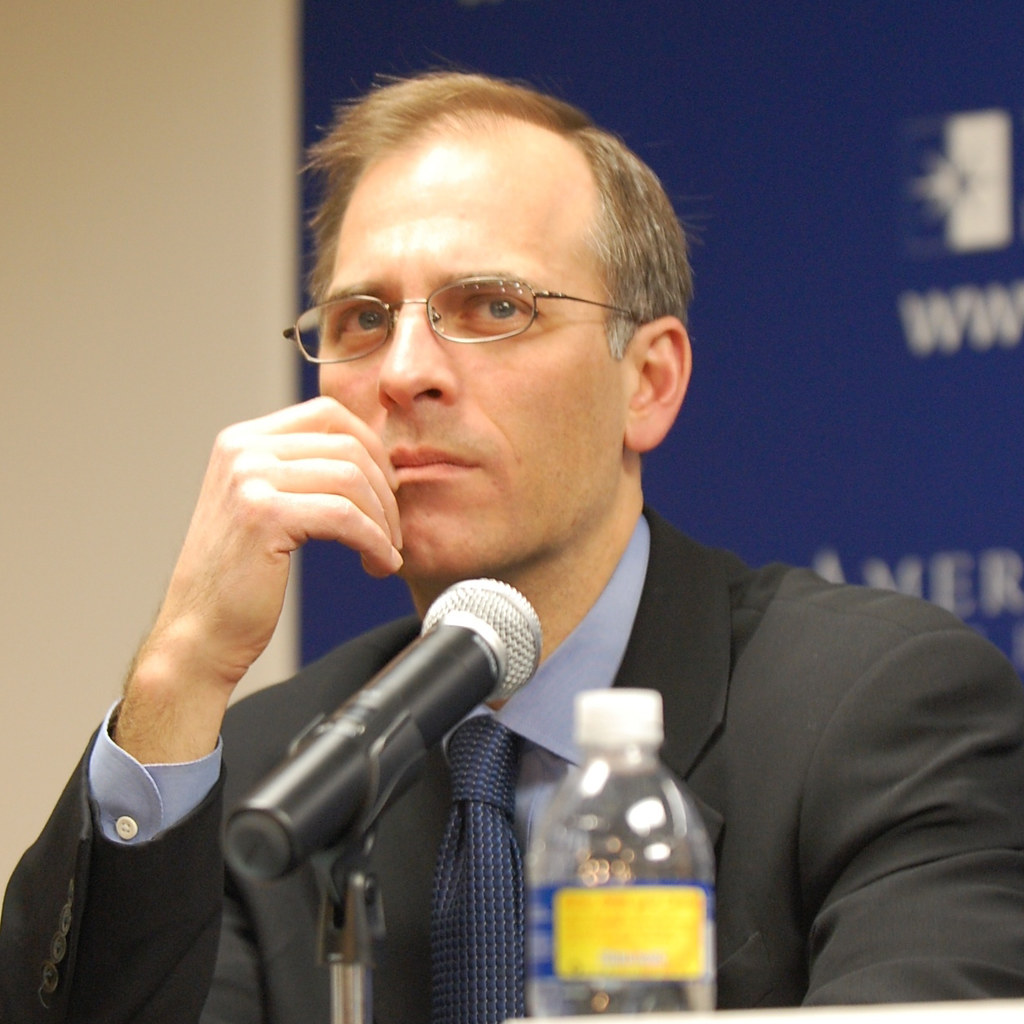Almost every homeowner and most of the American mortgage-backed securities financial system is subject to the Federal Housing Finance Agency’s (FHFA) regulation. It oversees and guarantees the vast majority of mortgages bought and sold in the United States. The FHFA does this through quasi-public agencies, Fannie Mae and Freddie Mac, which buy mortgages from local banks that they bundle, chop up, and sell to investors. This arrangement ideally allows local banks to provide more and cheaper loans to potential homeowners by letting them sell their mortgage liabilities to the government, and gives investors access to relatively stable investment returns.
All of this blew up in 2008 when ratings agencies like Moody’s “objective” ratings blew up in the faces of big banks and voracious speculators who were more than happy using faulty mortgage securities to back even riskier ventures. The FHFA was created in the wake of this disaster to stabilize the system and prevent a 2008-style meltdown from ever happening again. That’s why everyone besides big banks and the investor class should be deeply concerned by backroom talks to nominate Mark Zandi, Moody’s Chief Economist, to head the FHFA.
Zandi is the Chief Economist of Moody’s, a credit ratings agency whose fraudulent securities ratings played a large role in causing the Great Recession. Deena Zaidi wrote that “The role of the credit ratings agencies during the financial crisis remains highly criticized and mostly unaccountable. The agencies have been blamed for exaggerated ratings of risky mortgage-backed securities, giving investors false confidence that they were safe for investing.” Despite its culpability, Moody’s paid a mere $864 million in fines over their inflated securities ratings.
Zandi sits on the board of one of the largest private mortgage insurance companies in the US, MGIC, which he complained about the FHFA regulating. According to the SEC’s Form 4 disclosures, Zandi has been on the board of MGIC Investment Corporation since 2010. As recently as 2014, Zandi complained about the FHFA’s Private Mortgage Insurance Eligibility Requirements, which sought to make the financial system safer. He said they “would make the housing finance system more cyclical and expensive,” even though MGIC put out a press release saying it “does not expect [the new rules] to impact its current plans to pay quarterly dividends.”
- Zandi has repeatedly defended the interests of home lenders and called for easing penalties on speculators. He argued against rules that would force mortgage providers to have more skin in the game when giving loans in 2011. More recently, he said that regulators should “ease up on penalties against banks for making small lending mistakes,” despite the fact that this incentivizes predatory or negligent banking.
Zandi served as Republican Presidential Nominee John McCain’s economic advisor in 2008 and maxed out his campaign donations to him.
- Unsurprisingly (given his high ranking position for a major financial services company), Zandi cheered on the prospect of divided government in an op-ed saying “A divided Congress would be a great thing for investors.”
Zandi has consistently been a budget hawk and a right-winger out of step with the Biden administration’s economic priorities.
- In February, 2021, he criticized Biden’s stimulus plan for having “probably too much money going to state and local government” and said we needed to “save some money” on unemployment insurance.
- Zandi repeatedly demanded that Congress enforce major cuts to Medicare, Medicaid, and Social Security. In 2012 he testified before Congress to call for “$1.2 trillion in cuts to programs — Medicare, Medicaid, Social Security and other budget items.” In 2014, Zandi again urged Congress to enact “entitlement reform” (otherwise known as Social Security cuts), despite the fact that Social Security is only underfunded because of an arbitrary payroll tax giveaway to the wealthy.
- In 2020, Zandi fear mongered about potential antitrust enforcement against Big Tech, suggesting that the FTC should not investigate firms like Amazon, Facebook or Alphabet for fear of hurting the stock market.
- Zandi called for business tax credits and privatized infrastructure projects as a response to the 2008 crisis. Additionally, he wanted to extend the Bush tax cuts for the wealthy to supposedly kickstart the economy, while downplaying the idea of bold, New Deal-like programs. This record is concerning given the importance of current Covid-19 stimulus negotiations.
- Zandi peddled myths about supposed welfare dependency causing poverty in Philadelphia.
Zandi called for major cuts to the social safety net, mass privatization, minimum wage freezes, and “reforms” to retirement benefits in Puerto Rico. In 2015 he wrote that “Allowing Puerto Rico to freeze its minimum wage, which is high compared with the productivity of island workers, would be beneficial in the long run […] And pension reform, the consolidation of municipalities, and reforms to public-sector corporations, including privatization, would also be helpful.”
Conclusion: Keep Zandi At Moody’s
Zandi’s troubling history peddling right-wing talking points, demanding cuts to social spending, and his entanglements with MGIC make us deeply concerned about him potentially running the FHFA. As the regulator for the two largest mortgage mortgage finance providers in the United States, the FHFA has awesome powers to expand affordable lending programs to minority homebuyers. They could also, as they did in the 1980s and 90s, make loans to repair dilapidated and manufactured homes (trailers) more accessible. The director of the FHFA could also stop the illegitimate sales of foreclosed homes to investors who prefer to sit on them as speculative assets rather than selling them to new owners. They could also direct the creation of restorative justice homeownership funds using existing premiums already paid to mortgage financiers.
Nothing in Zandi’s record suggests he would pursue any of these policies, however.
Photo Credit: “Mark Zandi” by New America is licensed under CC BY 2.0

